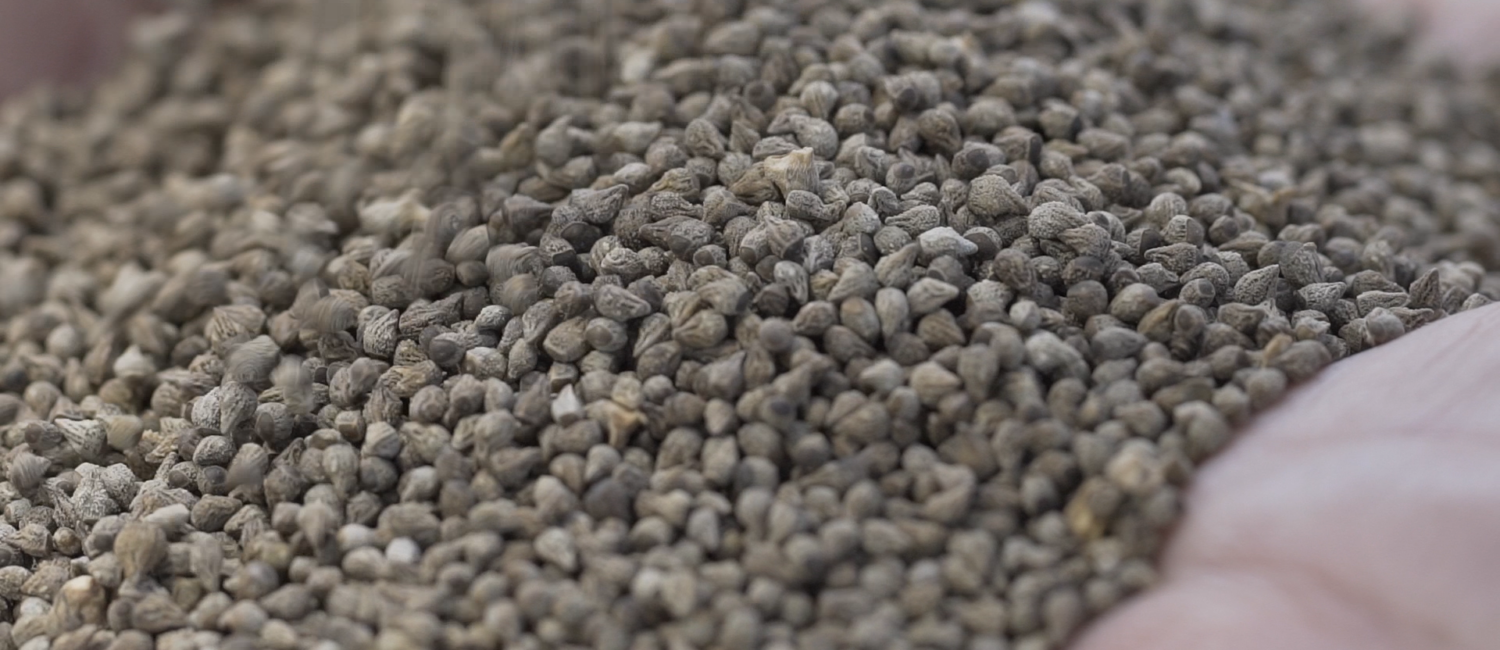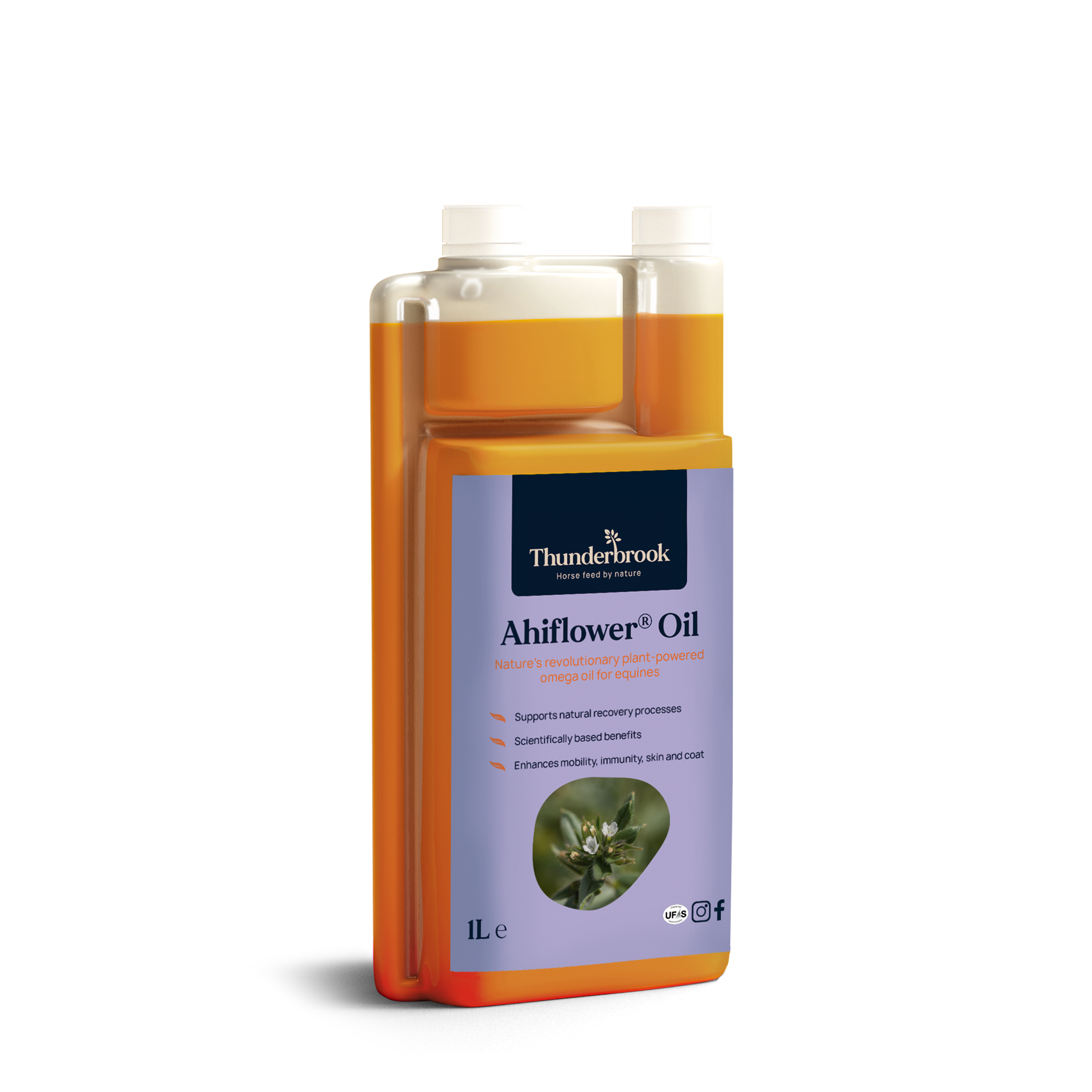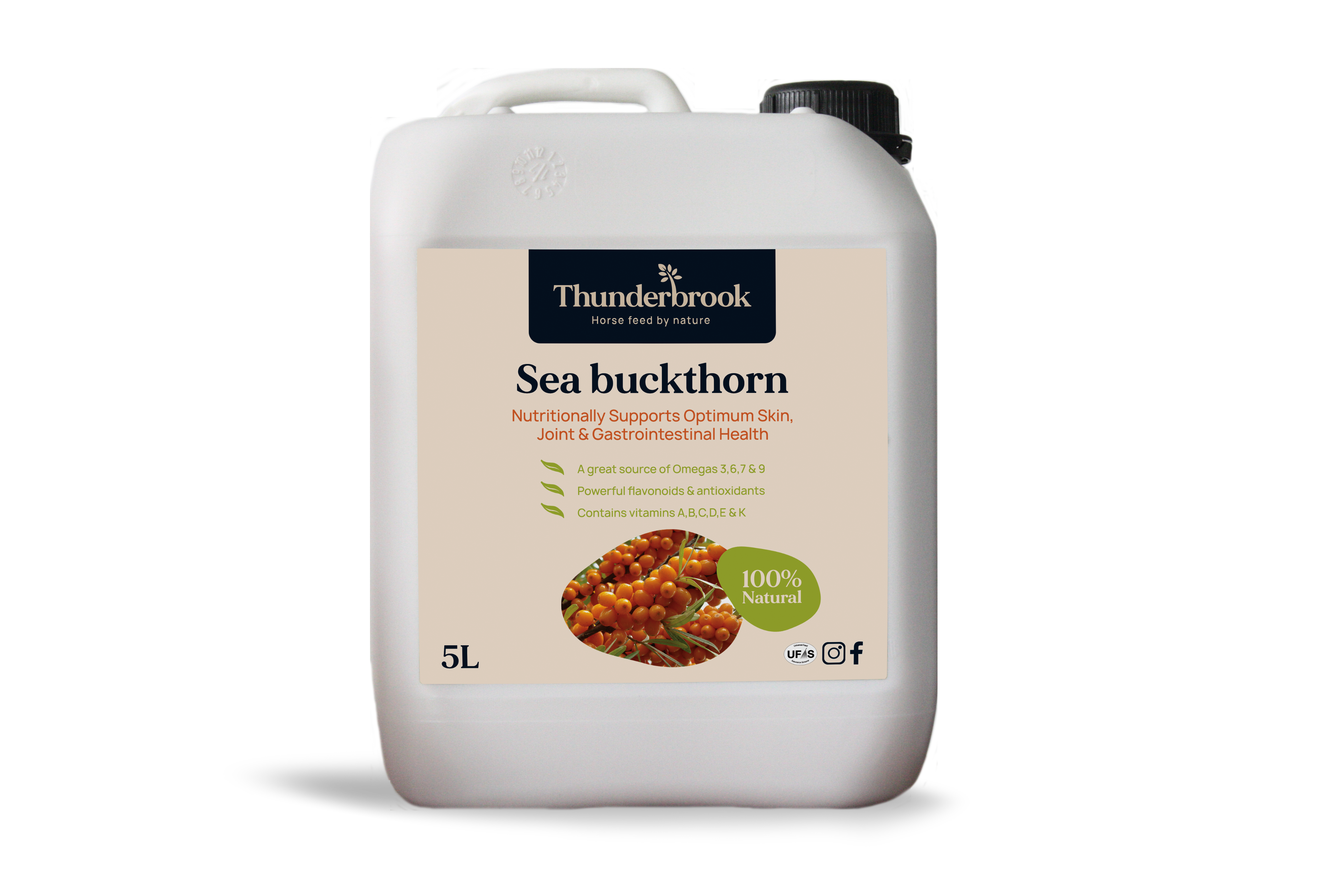The Role of Oils in Equine Nutrition
Adding oil to a horse’s diet is now a well-established practice among horse owners looking to support their horse’s health and performance. Traditionally, commonly used oils include linseed oil, black cumin seed oil, and rice bran oil. However, not all oils are created equal. Each oil type has its own unique fatty acid profile and properties, meaning that different oils suit different horses.
Choosing the right oil for your horse involves understanding when oil supplementation is beneficial, which oil best meets your horse’s needs, and how much should be fed for optimal results.
What are oils and why do horses need them?:
Oils and fats are pure energy sources containing no protein or carbohydrates. The key difference between them is their physical state: oils remain liquid at room temperature, while fats are solid. Most oils used in horse feed are of plant origin, whereas fats are generally of animal origin and less digestible for horses.
The most important fatty acids for equine health are Omega-3 and Omega-6, which play crucial roles in various bodily functions. Horses cannot synthesise these fatty acids themselves, so they must obtain them through their diet. A deficiency can result in a dull coat, weakened immunity, lethargy, and overall poor health.
While grains such as oats naturally contain some oil (oats, for example, provide around 5% oil content), they are typically rich in Omega-6 but low in Omega-3. Excessive Omega-6 without adequate Omega-3 can promote inflammation, so balancing the diet with an Omega-3-rich oil is essential.
When provided in the correct ratio of 3:1 (Omega-3 to Omega-6), these fatty acids offer numerous benefits:
✔ Promotes a glossy coat and healthy skin
✔ Supports joint and muscle health
✔ Aids respiratory function
✔ Acts as an anti-inflammatory
✔ Supports fat-soluble vitamin absorption (A, D, E, K)
How horses digest oils
A common misconception is that horses struggle to digest oils because they lack a gallbladder. In reality, horses have evolved to process low-fat, high-fibre diets, and their liver continuously produces bile, which allows them to digest and metabolise moderate amounts of oil efficiently.
Research by Meyer & Coenen suggests that horses can digest oils well, with a fat digestion capacity of approximately 3kg of bile per 100kg of body weight daily. However, it is important to introduce oil gradually to avoid digestive upset.
Incorporating oil into the diet can also reduce reliance on high-starch feeds, helping to stabilise gut health. Horses with high energy demands, such as performance horses, often require calorie-dense feed, but too much starch can lead to digestive disturbances such as colic or laminitis. Replacing part of the starch with oil provides an alternative energy source while reducing the risk of digestive issues.
That said, excessive oil intake can interfere with nutrient absorption. The recommended maximum daily intake for horses is 200-250ml of oil per day.
Which oil is best for my horse?
There are many oil options available, but the key to selecting the best one lies in the ratio and quality of fatty acids.
Linseed oil
Linseed oil is probably the best-known oil for horses. It has a relatively high content of omega-3 fatty acids and is therefore able to balance out a high proportion of omega-6 fatty acids in the feed. It also ensures a shiny coat and can be particularly beneficial for your horse during the coat change. However, it should be noted that it has a relatively short shelf life. Once the linseed oil has been opened, it should be consumed within 6-8 weeks.
Black cumin oil
Black cumin oil is often chosen for its special properties. In particular, it has positive effects on the respiratory tract, skin problems and allergies. However, high doses of black cumin oil can lead to side effects in your horse’s gastrointestinal tract and cause diarrhoea, for example. Therefore, be careful not to feed your horse (600 kg) more than 15 ml of black cumin oil per day.
Rice germ oil
Rice germ oil has a high proportion of gamma-oryzanol. This stimulates the metabolism for muscle formation, which is why rice germ oil is particularly popular for sport horses. The exact proportion of gamma-oryzanol depends on the particular type of rice germ oil.
Fish oil
Fish oil is particularly popular because of its high omega-3 fatty acid content. Another special feature is that fish oil contains the omega-3 fatty acids DHA and EPA, which have a natural anti-inflammatory effect. With other oils, your horse’s metabolism must first convert the ingested fatty acids into these fatty acids.
Ahiflower® Oil
Ahiflower® Oil, found in Thunderbrook Ahiflower® Oil, is one of the most advanced plant-based Omega supplements available. Unlike traditional plant oils, Ahiflower® contains significantly higher levels of Omega-3 fatty acids and offers the combined benefits of fish oil, olive oil, and linseed oil in a single plant source.
Unlike fish oil, Ahiflower® is completely plant-derived and highly palatable, making it an excellent choice for equine diets. It also contains Gamma-Linolenic Acid (GLA), a unique anti-inflammatory Omega-6 not found in most other plant oils. With an ideal Omega-3 to Omega-6 ratio of 3:1, Thunderbrook Ahiflower® Oil can support:
✔ Healthy coat and skin
✔ Joint mobility and muscle function
✔ Immune system resilience
✔ Respiratory health
✔ Inflammation management
Sea Buckthorn
Another valuable oil for equine health is Sea Buckthorn, available as Thunderbrook Sea Buckthorn. This plant extract is known for its exceptional digestive-supporting properties and high concentration of Omega-7 fatty acids, antioxidants, and vitamins.
Sea Buckthorn is particularly beneficial for:
✔ Gastrointestinal health
✔ Immune function
✔ Coat and skin health
How to choose a high-quality oil for your horse
When selecting an oil, cold-pressed options are preferable as they retain more of their natural nutrients compared to refined oils. The best oils will have a higher Omega-3 than Omega-6 content, ideally in a 3:1 ratio.
Proper dosage is also key:
Ahiflower® Oil: 30ml per day for a 600kg horse
Sea Buckthorn: 60ml per day for a 600kg horse
To ensure optimal digestion and absorption, introduce oil gradually, increasing by a few millilitres per day until reaching the target amount. If feeding multiple meals per day, distribute the oil across meals rather than giving it all at once for maximum benefit.
If your horse already consumes an energy-rich diet, additional oil may not be necessary for calorie provision, but small amounts of Ahiflower® Oil or Sea Buckthorn can still support overall health, coat condition, and digestive balance.
Need expert advice?
If you have questions about incorporating Thunderbrook Ahiflower® Oil or Sea Buckthorn into your horse’s diet, our team of equine nutrition specialists are happy to assist. Contact advice@thunderbrook.co.uk for tailored feeding advice.



